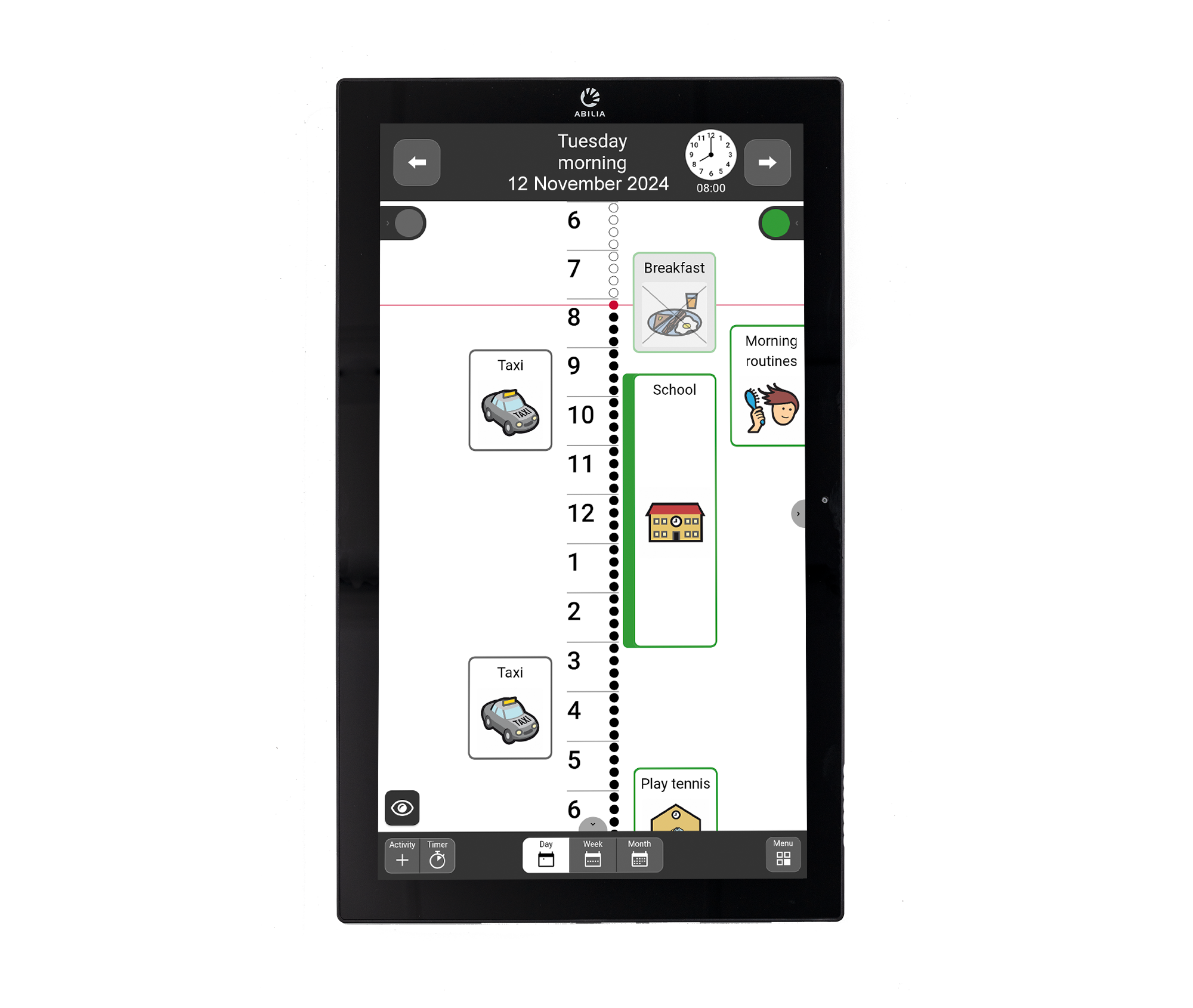
Alex Goff, service manager and director of Darwin Care in England, brings over 20 years of experience in health and social care. Specializing in supporting adults with learning difficulties and mental health, Alex oversees service delivery and ensures a compassionate, personalized approach.
An organisation emphasizing personal relationships and continuous improvements
Darwin Care prides itself on its focused mission: delivering person-centred care to adults in their own homes, helping them develop independent living skills and integrate into their communities. “I prefer to know each person we support,” Alex says.
Darwin employs 45 staff, a size he believes is optimal for providing excellent care. His leadership vision emphasizes personal relationships and continuous improvement over organisational expansion.
A leader driven by passion and purpose
For Alex, passion is at the heart of his work. “I absolutely love what I do,” he shares. His biggest motivation is the opportunity to make a meaningful difference in the lives of both clients and staff. Seeing individuals grow and thrive keeps him energized. “It’s a privilege to help people progress, and I never forget the responsibility that comes with it.”
Facing daily challenges with resilience
Challenges in social care are inevitable, especially when dealing with vulnerable individuals. Alex stresses the need for flexibility and resilience in his sector. He also highlights financial constraints as an ongoing hurdle but believes that focusing on new, innovative approaches can help care organisations overcome such obstacles.
Embracing welfare technology
Darwin Care is at the forefront of integrating welfare technology, including cognitive support solutions. Alex recognizes technology’s potential to transform care delivery. “We’re using technology to blend face-to-face care with digital support, optimizing staff capacity,” he explains. The MEMOplanner from Abilia in particular, has empowered individuals by giving them more control over their daily routines.
Why invest in welfare technology?
Alex introduction to welfare technology came through a TEC-lounge (Technology Enabled Care) in Dorset, where he discovered products like the MEMOplanner. This experience opened his eyes to how digital solutions can support clients across a wide age range, helping them manage anxiety, maintain routines, and improve independence. For Alex, technology has become an essential tool in meeting the increasing demands on care providers.
Increased independence for the clients and more effective operations
Clients using welfare technology like the MEMOplanner have reported increased independence and well-being. One notable success story involves a man who now manages his medication independently, thanks to MEMOplanner’s reminders and prompts. Alex is equally proud of how his staff has embraced this technology, seeing it as a complement to their roles rather than a replacement. The technology also contributes to more effective operation.
Organisational benefits such as job satisfaction and more time for quality care
The introduction of welfare technology has yielded organisational benefits, including improved staff retention and job satisfaction. Alex notes that the integration of digital solutions has allowed Darwin Care to stretch its resources further, enabling them to support more individuals. The MEMOplanner therefore provides more time for quality care. Family members, too, have welcomed the shift, appreciating the balance between digital and personal care.
Staff’s enthusiastic response
Alex commends his staff’s open-mindedness in embracing welfare technology. “I’m so proud of how my team has taken this on,” he says. By fostering a collaborative culture and involving staff in decision-making, Darwin Care has ensured a smooth transition to technology enabled care. Staff see firsthand the positive impact on their clients, reinforcing their commitment to this approach.
The leadership role in implementing welfare technology
According to Alex, successful implementation of welfare technology starts with leadership. He emphasizes the essential from a leader point of view to:
- Make the staff team feel supported and confident in using new technologies
- Create a reciprocal relationship of trust and respect
- Engage with staff and understand their concerns
- Involve them in the process are key
Furthermore, Alex advice to care providers considering welfare technology is to:
- Embrace change and involve staff in every step. Introducing technology requires time, effort, and a positive partnership with both clients and staff.
- Start with pilot programs, using real-life success stories to build organisational buy-in
A special moment of success
One of Alex proudest moments involves a young client, Kai, whose case was featured in a video shared by Abilia.
The use of the MEMOplanner not only improved Kai’s independence but also reduced his care costs, showcasing how technology can deliver sustainable, meaningful benefits.
Watch the video with Kai.
Looking ahead
As Darwin Care continues to innovate, Alex remains committed to advocating for more TEC lounges across the UK. He believes that these spaces, where clients and their families can explore welfare technology firsthand, are essential in empowering individuals to live more independent lives.
Read more about MEMOplanner here.


